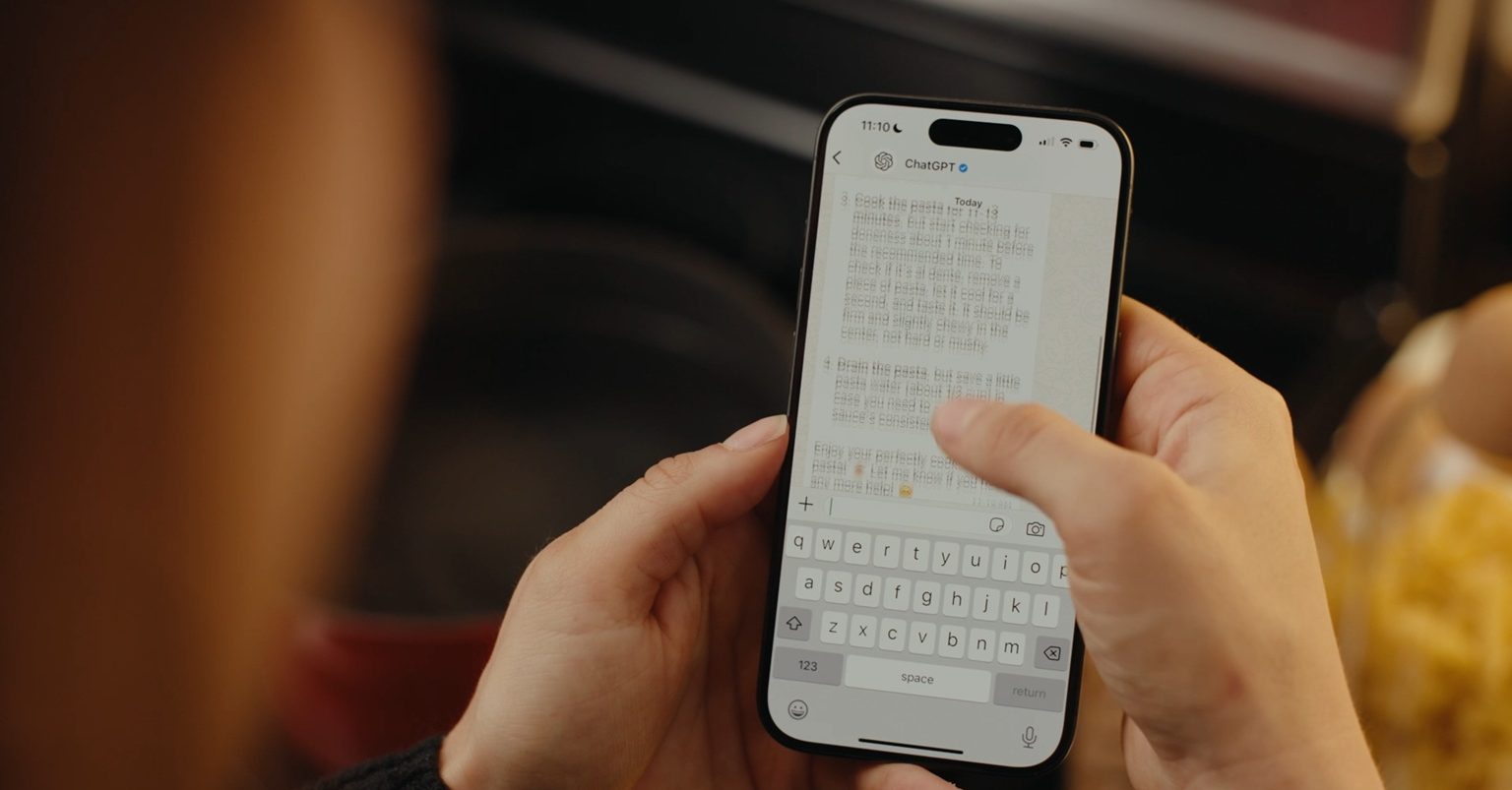Shams Radwan, 20 years old, has a routine for when she is feeling uneasy. She unlocks her phone, opens the ChatGPT application, and pours her heart into it. She seeks her artificial intelligence (AI) ‘friend’ for guidance about her studies, job, and relationships, and day-to-day decisions. ChatGPT, a large language model (LLM) that is a type of AI program designed to understand, generate, and process human language, garnered one million users five days after its launch in November 2022. As of August 2025, the AI bot gets around 4.61 billion visits per month, making it the fifth most-visited website globally. Each day, users send 2.5 billion prompts. Estimates suggest that users in middle-income countries, such as Egypt, account for about 50 percent of ChatGPT’s global base. While there are no official figures for Egypt, the AI chatbot is gaining traction among Egyptians, particularly students, academics, journalists, and professionals in fields like programming, marketing, and education. Much like Radwan, many people use ChatGPT, a generative artificial intelligence chatbot, as a friend, a therapist, a personal trainer, an assistant, a recipe book, a search engine, and a tutor for studying and work….
ChatGPT: A Therapist, Assistant, and a Risk to Brain Activity
August 24, 2025
By Nadine Tag
Journalist




